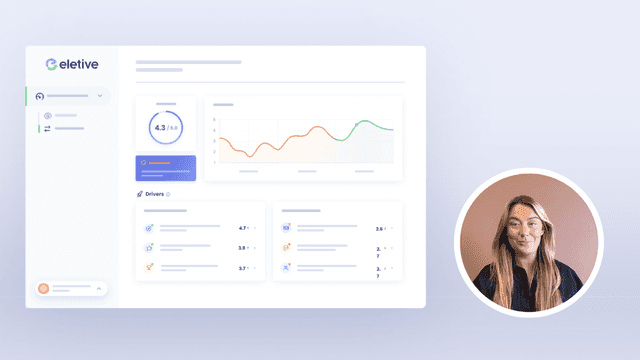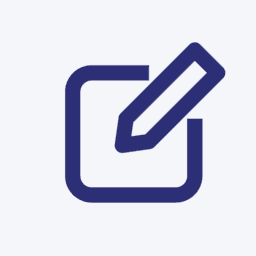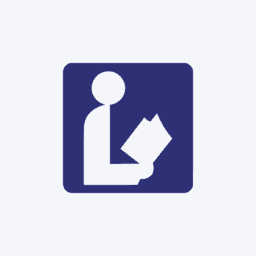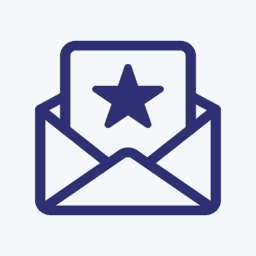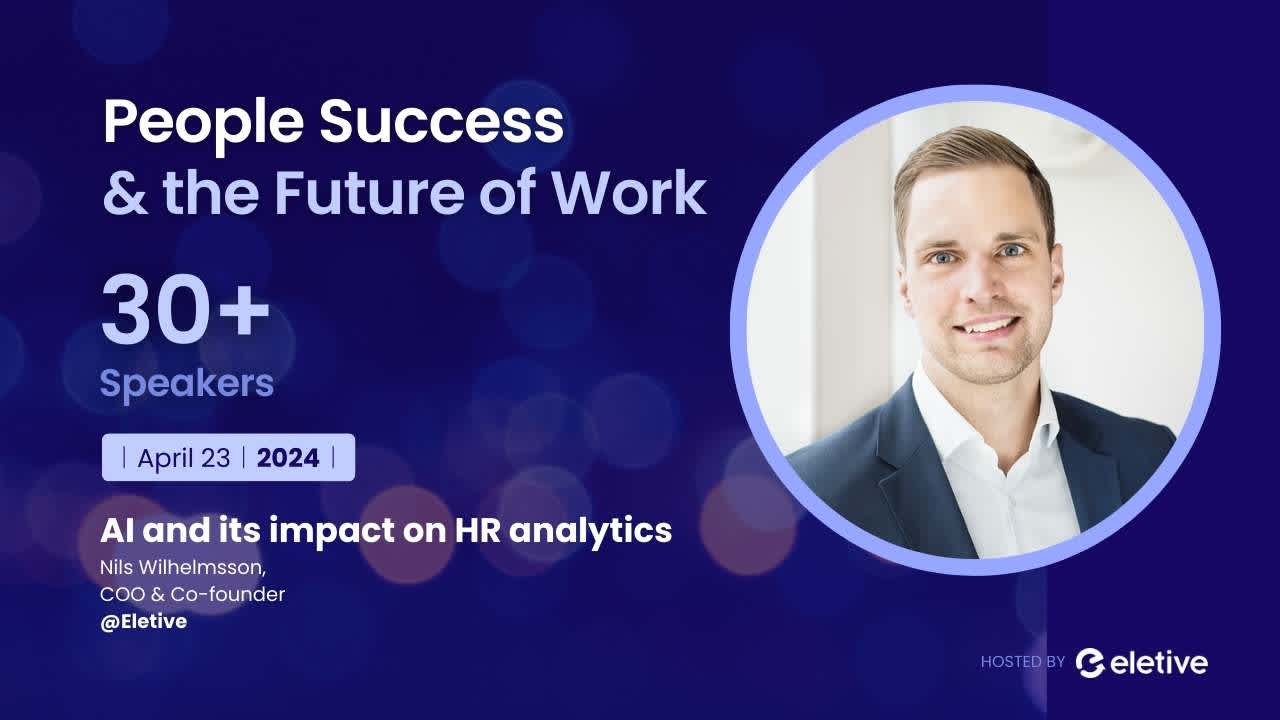At the recent event "People Success & the Future of Work," industry leaders gathered to discuss the future of HR and workplace culture where AI was a hot topic.
One of the key speakers, Nils Wilhelmsson, COO and Co-founder of Eletive, shed light on how AI is revolutionising HR analytics and operations, providing invaluable insights for HR managers.
Below you can listen to his sessions from People Success & the Future of Work with examples of how AI (artificial intelligence) in HR is enhancing communication, satisfaction, and driving higher employee retention rates.
What is AI?
AI, or Artificial Intelligence, is the simulation of human intelligence in machines designed to perform tasks that typically require human intellect. Nils describes AI as encompassing fields like machine learning, neural networks, and robotics, and operating by analysing large amounts of data with algorithms to learn patterns.
"If you ask AI itself what AI is, you get a pretty good explanation," he says, noting that AI tools such as ChatGPT are examples of narrow AI designed for specific tasks without general intelligence or consciousness."
The transformative impact of AI on HR and business operations
AI has increasingly become a central force in reshaping various aspects of business operations, but still not to its full potential in Human Resources (HR), analytics, and overall company efficiency. In this session, Wilhelmsson delved into the multifaceted applications and potential of AI within these domains. Let's explore some key insights and quotes from his talk to understand how AI is revolutionising the workplace. But first, we need to understand what AI is.
AI and its impact on recruitment
AI is increasingly being used in recruitment to streamline and improve various stages of the hiring process. Here's how AI is applied in recruitment:Resume Screening and Sorting:
Automated Resume Parsing: AI tools quickly scan and parse large volumes of resumes, extracting information like skills, experience, and qualifications, helping to shortlist candidates who meet job requirements.
Keyword Matching: AI systems use natural language processing (NLP) to match keywords from job descriptions with those in resumes, identifying the best-fit candidates.
Candidate sourcing:
Talent Pool Expansion: AI searches through databases, social media, and professional networks to find potential candidates who may not have applied directly.
Predictive Analytics: By analysing data from previous hiring cycles, AI predicts which sources or platforms are likely to yield the best candidates for specific roles.
Chatbots and virtual assistants:
Initial Engagement: AI-powered chatbots engage with candidates via company websites or social media, answering queries, collecting basic information, and guiding them through the application process.
Pre-Screening: Chatbots conduct preliminary screenings by asking candidates standard questions and assessing their responses.
Integrating AI into the recruitment process enhances efficiency, improves candidate experience, and enables data-driven, objective hiring decisions. However, it's crucial to ensure transparency and fairness in AI applications to avoid biases and ensure ethical hiring practices.
The role of AI in Employee Engagement
Nils Wilhelmsson emphasised the transformative power of AI in enhancing employee engagement. AI can process vast amounts of data, identifying patterns and trends that may not be visible to the human eye. This capability allows organisations to understand their workforce better and address issues proactively. AI-driven insights help in pinpointing areas for improvement, predicting future performance, and tailoring engagement strategies to individual and team needs.
Key Benefits of AI in HR
Data-Driven Decision Making: AI enables HR managers to make informed decisions based on real-time data. This leads to more accurate and effective strategies for improving employee satisfaction and performance.
Personalised Engagement: By analysing employee feedback and behaviours, AI can help create personalised engagement plans that cater to individual preferences and needs, fostering a more inclusive and supportive work environment.
Predictive Analytics: AI can forecast potential issues such as employee turnover or declines in productivity, allowing HR teams to take preventive measures and maintain a healthy workplace culture
Practical applications highlighted during the session
During his session, Wilhelmsson illustrated practical applications of AI in HR through case studies and real-world examples. One notable example was the integration of Eletive's AI-driven tools, which have been pivotal in reducing sick leave and employee turnover while increasing overall employee engagement scores (eNPS). These tools leverage machine learning algorithms to continuously improve and adapt to the unique dynamics of each organisation.
Conclusion
AI is undeniably a game-changer in the realm of employee engagement. By harnessing its capabilities, HR managers can drive meaningful change, enhance productivity, and foster a happier, more engaged workforce. The insights from "People Success & the Future of Work" underscore the importance of integrating AI thoughtfully and strategically within HR practices to unlock its full potential.
For HR professionals eager to stay ahead of the curve, embracing AI is not just an option but a necessity. As demonstrated by the experts at Eletive, the future of work is here, and it is intelligent, data-driven, and profoundly transformative.
People Success & the Future of Work
Sessions also featured discussions on the broader implications of AI in the workplace. Speakers like Johanna Lindwert Lannér, Head of People Experience at Eletive, and Marcus Wennmo, CEO of Eletive, highlighted the ongoing challenges and opportunities for HR leaders. They stressed the importance of fostering a culture of feedback and self-leadership, which are critical for the successful adoption of AI technologies in HR processes.










